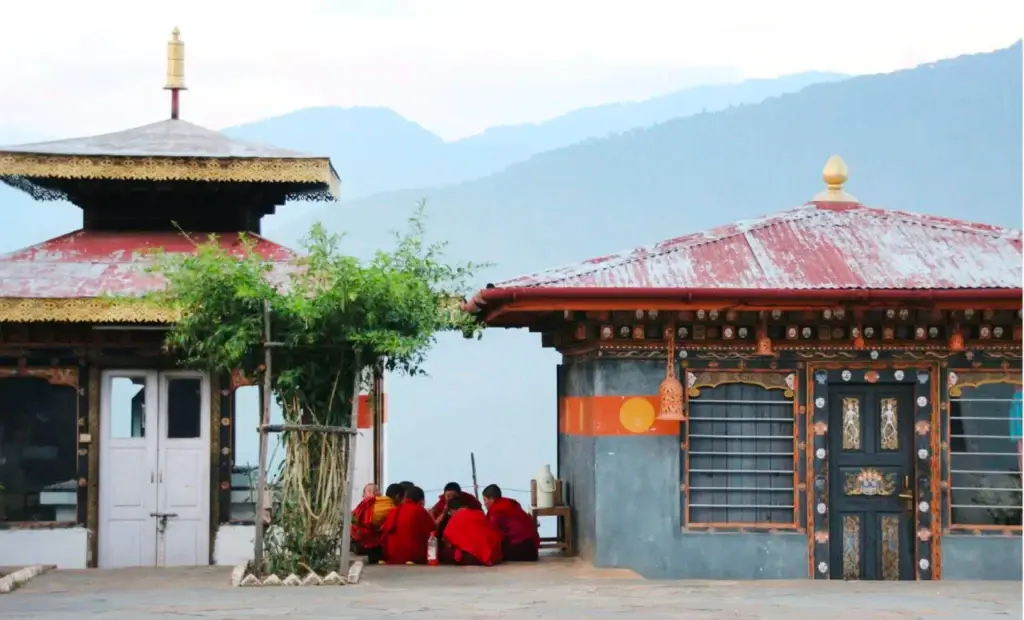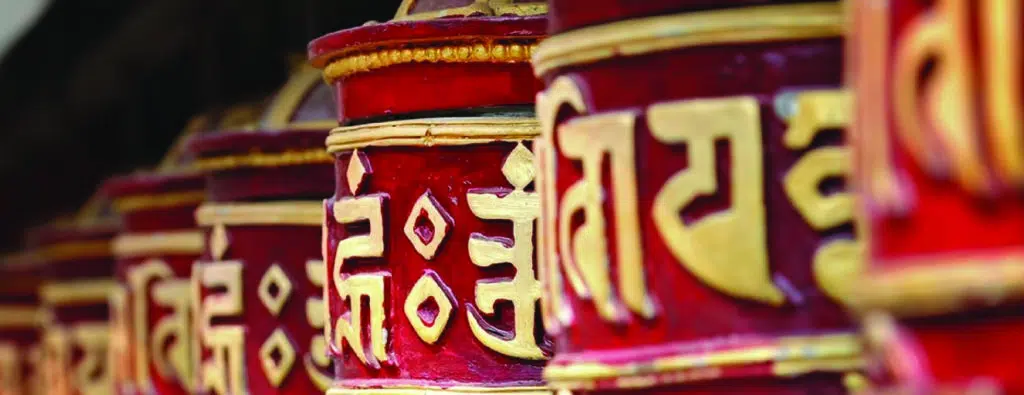While Bhutan is a rapidly modernizing with a growing prominence especially as a leader in sustainability initiatives, the country is thoughtful about those from the outside influence their culture and customs. The secluded Himalaya kingdom is deeply rooted in Buddhism and values happiness over possessions. Travelers experience a very hospitable people. However it is important for visitors to understand the customs they will encounter, and to conduct themselves in a way that will not cause offense. Following are some several guidelines to help you have a wonderful visit to Bhutan.
Do
- When seated on the floor, it is important to sit cross-legged.
- If referring to something, indicate it with an open upward palm or motion toward it with your chin.
- When giving or accepting an object, use both hands or your right hand—never your left hand.
- Bring a gift when paying someone a visit.
- Avoid politically sensitive issues especially with regards to Bhutanese government.
- If you spin a prayer wheel, you must spin it clockwise, in line with how the sun moves across the sky.
- Always pass prayer stones with your right side facing the sacred object
- When visiting temples, remove hats and footwear.
- Ask and receiver permission before photographing anyone.
- Travelers are encouraged to engage with local children in fun, humorous ways—rather than giving gifts or sweets.
Don’t
- It is bad manners to stretch your legs out in front of you.
- It is rude to point a finger when showing something or referring to someone, especially a religious item.
- Do not joke about the Bhutanese royals, clergy, or authorities.
- Bhutanese are polite and do not engage in aggressive negotiating, so if you attempt to bargain with them it may in fact delay any decision or dialogue.
- Bhutanese are casual about punctuality, so do not be upset if they stretch the time.
- Flip-flops or sandals are prohibited in the office or formal settings.
- Bhutanese are reserved. When meeting someone or interacting with superiors, it is considered impolite to stand with the attitude of shoulders back, chin up, head high, and making direct eye contact.
- Climbing the sacred peaks of Bhutan’s Himalaya is forbidden.


